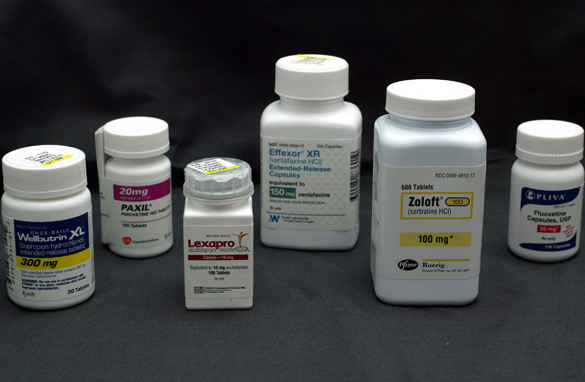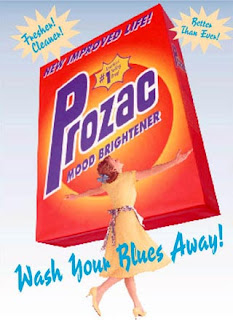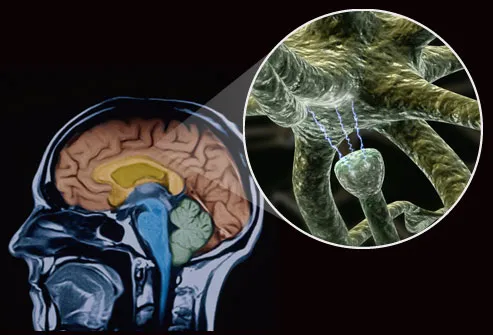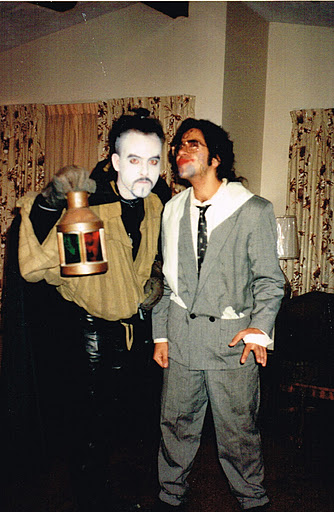The author salutes Anne Saita, a former co-worker who showed me how to stand up to people and face down my fears — and whose blog is a must-read.
I’ve been reading the blog Run DMZ a lot lately.The main reason is that it’s chock full of excellent content on how to eat and exercise properly. The other reason is that the author is someone near and dear to me: Anne Saita, my former boss at SearchSecurity.com.
She’s an avid runner, an inspirational Mom to her two daughters and to people like me, and one of the best writers I’ve ever seen. [Side note: She sends Christmas cards each year featuring her daughters, and last time my six-year-old saw it he declared: “Wow. They’re really, really pretty.”] The boy is a flirt and knows what he’s talking about.
With her I’ve power-walked along Lake Michigan in Chicago and gallivanted with her on the rainy streets of San Francisco during security conferences.
She literally rescued me from a job that was killing me (because of the late-night hours and the still undiagnosed impact of OCD).
At SearchSecurity.com, she was a nurturing soul. She encouraged me to make time for family, something I wasn’t yet good at. She knew I feared travel at the time, but gently coaxed me into doing more of it. Now I love travel. She showed me what courage is by constantly standing up to the TechTarget/SearchSecurity brass when she felt the brand’s reputation was being compromised by stupid marketing ploys. At the time I often thought she was being stupid. But at the time I was also so obsessed with pleasing my masters that I didn’t know any better.
I always got a chuckle out of her gift for gab, especially when she was offering up explicit details on a medical procedure she was having.
Because of her motherly disposition, I was able to come clean with her in late 2004, when I was inches from a nervous breakdown and realizing for the first time that I needed some serious help. The morning after I had my first appointment with a therapist, I told her about it, along with the rest of my warped behavior. She didn’t flinch. She urged me on, and in the coming months, when I was pushing up against depression and emotional breakdowns, she gave me the room to fall apart and then pick up the pieces.
When I started to react to the pain of therapy and digging deep into a sordid past by embarking on the most vicious binge eating stretch of my life, she saw that the weight was piling on but didn’t shame me over it. I was feeling shame in her presence anyway, because she had once told me that when checking my references before hiring me, the deal was sealed when a former CNC co-worker told her about my singular determination to lose 100 pounds in the late 1990s.
That kind of toughness impressed her, and there I was, losing that toughness as I packed on each pound.
Unfortunately, I only started to gain the upper hand on my demons after she left SearchSecurity.com for another job.
But thanks to the Internet and our two blogs, we still keep in touch regularly.
She’s gone through a lot herself, with physical injuries that kept her from running, blinding headaches that came and went without explanation, and the loss of a job she loved last year, as the Great Recession gunned down millions of jobs.
But she always comes back. Stronger than before.
In the photo above: Anne at the right, with Dennis Fisher, another former [and good] boss and avid runner, after a run in San Diego.
If she didn’t know before how much her friendship means to me, I think she’ll understand after reading this post.
She may also yell at me for revealing a bit too much about her. But then I always did enjoy the motherly rebuke that only she can provide.

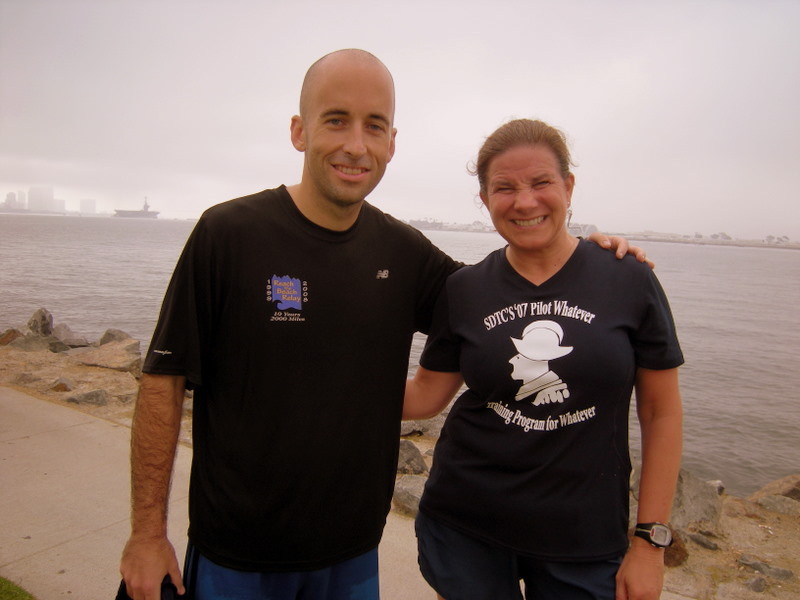



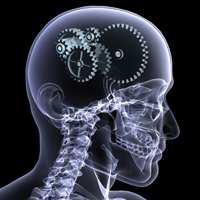
![[ImgPet.jpg]](https://theocddiaries.com/wp-content/uploads/2012/04/imgpet.jpg?w=300)
